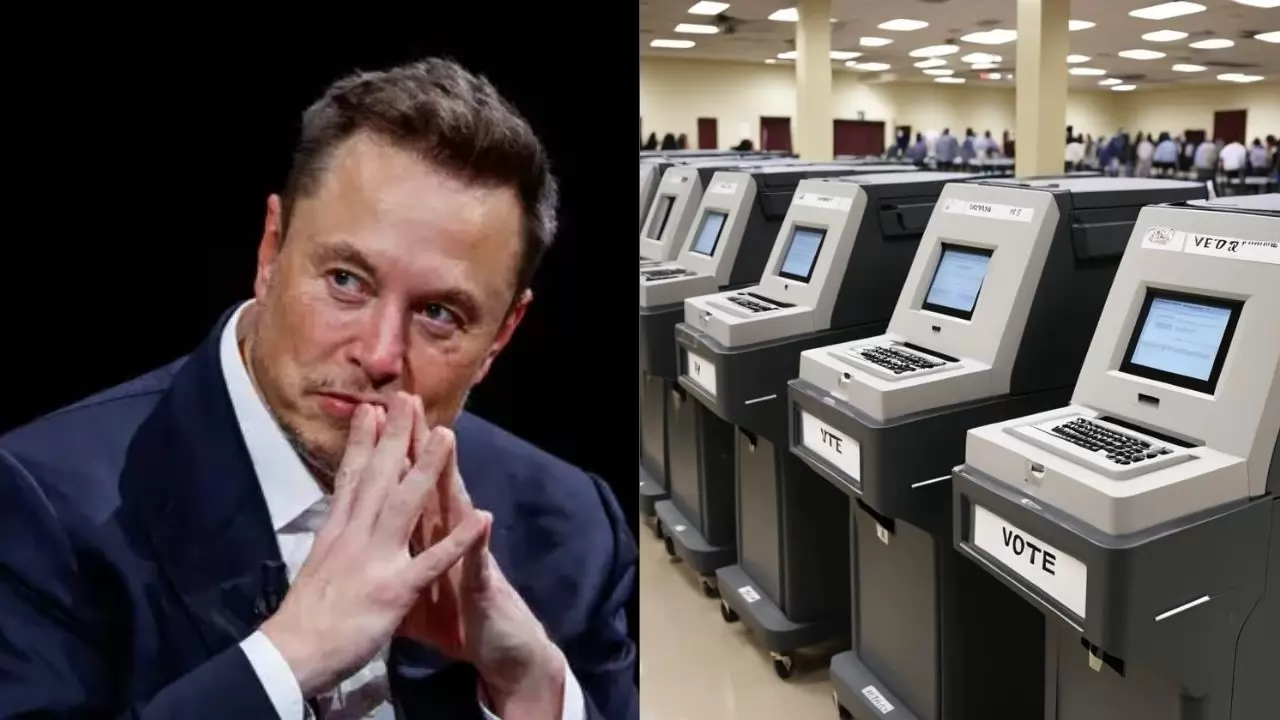
X/Elon Musk
Elon Musk, CEO of Tesla and SpaceX, has advocated for the removal of Electronic Voting Machines (EVMs) from the electoral process in the United States. His statement came in response to concerns raised by Robert F. Kennedy Jr., an independent candidate for President, regarding alleged voting irregularities in Puerto Rico's primary elections linked to EVMs.
We should eliminate electronic voting machines. The risk of being hacked by humans or AI, while small, is still too high. https://t.co/PHzJsoXpLh
— Elon Musk (@elonmusk) June 15, 2024
Kennedy Jr. highlighted these issues in a post on X, expressing concerns over the reliability of electronic voting systems without a paper trail to verify votes. He emphasized the importance of ensuring every vote is accurately counted and protected from potential hacking.
In agreement with Kennedy Jr.'s stance, Musk underscored the vulnerability of EVMs to manipulation, whether by humans or artificial intelligence. "The risk of being hacked by humans or AI, while small, is still too high," Musk remarked.
Musk's viewpoint resonated widely on X, garnering over 100,000 likes and significant engagement from users. Discussions among users reflected diverse opinions on electoral integrity, with some advocating for a return to paper ballots and others suggesting reforms to enhance election security.
Critically, one user suggested the adoption of electronic voting machines with paper backups and separate tabulators as a potential solution. Another user emphasized the efficiency of limiting vote counting to a single day across states.
The debate sparked by Musk's comments underscores ongoing concerns over the security and transparency of electronic voting systems in American elections. As discussions evolve, the future of electoral technology and safeguards against interference remain pivotal issues in the electoral landsca





Copyright © 2026 Top Indian News
